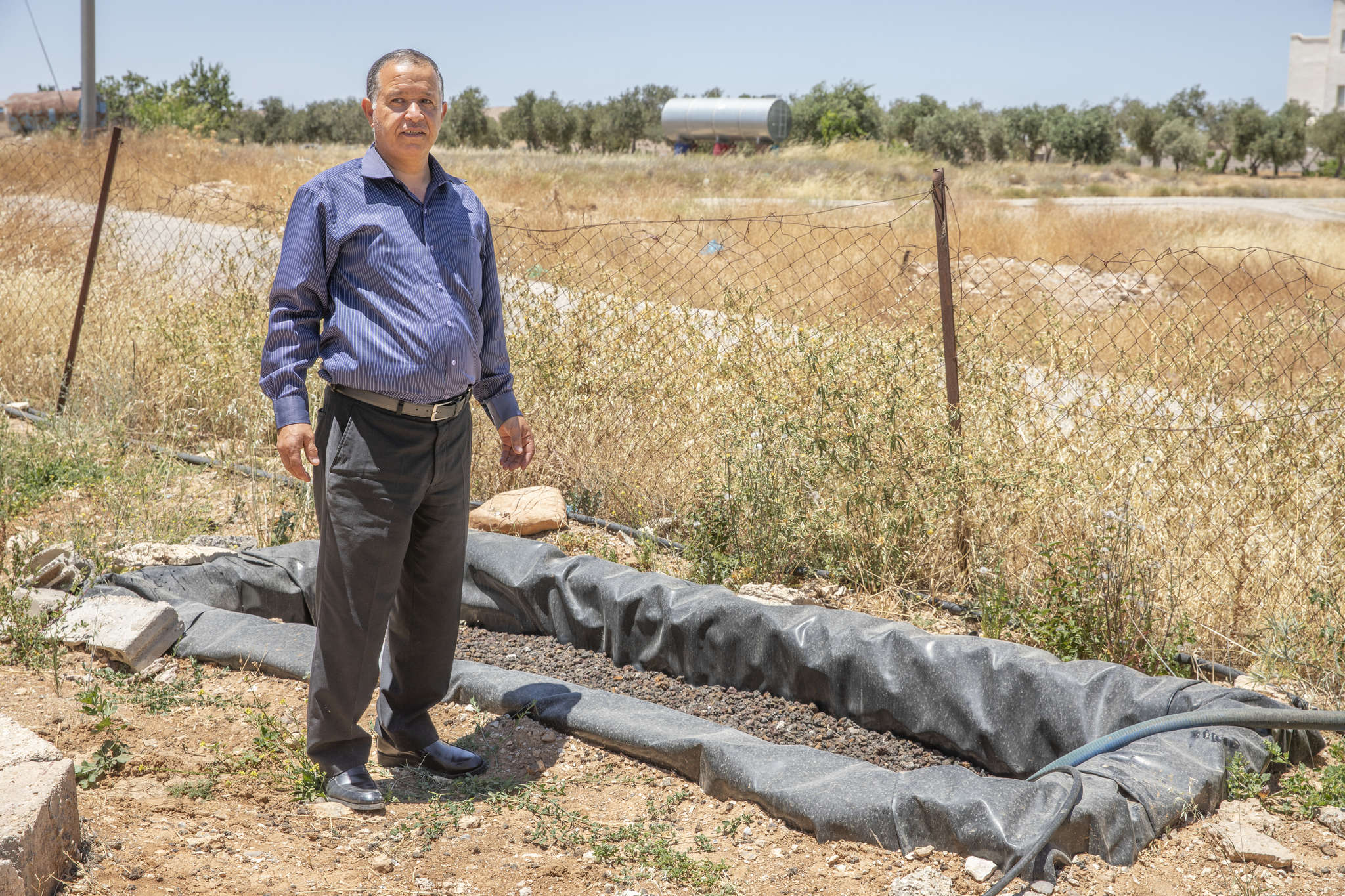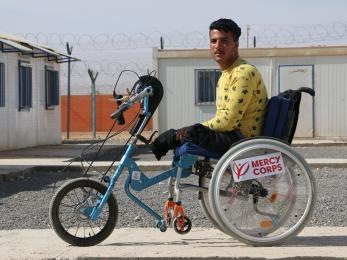Women take bold measures adapting business to COVID-19
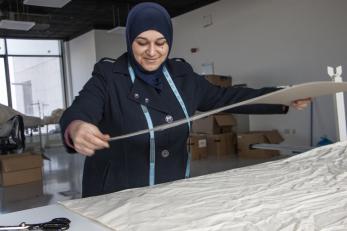
Teenah is a women-owned, international textile company that employs Syrian refugee and Jordanian women in Irbid, Jordan.
Like many small businesses facing COVID‑19 restrictions, Teenah was forced to close their doors on March 15th. After nearly two months of plummeting sales, restrictions rescinded and Teenah resumed operations — but this is not business as usual. Acknowledging that communities and needs have drastically changed, Teenah is now producing face masks for the public as well as limited edition tote bags in collaboration with local designers, both with a give back component.
“A business with purpose” is how they now describe themselves, producing eco-friendly products while providing jobs and skills to women who need them the most.
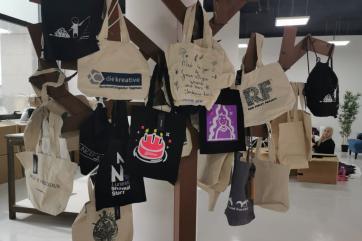
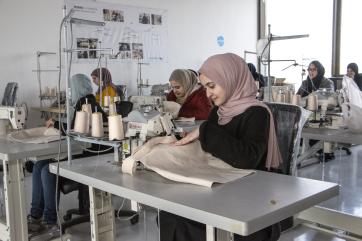
Raneem, the co-founder of Teenah, explains how the business began: “I had been working in the humanitarian sector for nine years prior to launching Teenah. During my experience, I worked closely with beneficiaries who often shared the downside of short-term cash assistance and wanted sustainable sources of income — that’s what inspired me to start Teenah. It caters to this need while also producing eco-friendly products that have a high demand.”
For every mask purchased, two masks are made and one is donated to women and children in need through UNICEF, #Mask4Mask. And with every tote bag purchased, a day worth of meals and hygiene items are donated to underserved families.
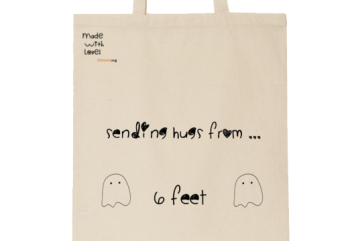

Teenah is a grantee under Mercy Corps’ Access to Justice and Jobs (A2J) programme funded by the Dutch Ministry of Foreign Affairs. With Mercy Corps’ help, Teenah has been able to purchase new sewing machines, provide technical support to improve sewing skills and develop a paid apprenticeship programme for young Syrian and Jordanian women. The A2J team has been in constant communication with Teenah, as well as the other grantees, to better understand how they are being impacted, if/how they are adapting and what they need during and after the shutdown in order to recover.
While Jordan’s quick and aggressive measures to stem the spread of COVID‑19 has largely prevented severe health impacts, the imposed lock-down and, in many cases, disruption to daily income, has profound negative impacts on the local economy. The long-term impact and ripple effects of this virus and the measures to control it will be seen for years to come, and felt hardest by the most vulnerable — those with smaller support networks and financial safety nets to rely on in times of crisis, those living day-to-day from their livelihood or households relying on humanitarian assistance.
While economic shocks can provide both opportunities and threat — affecting different businesses in different ways — Teenah is choosing to focus on the opportunities and Mercy Corps is prepared to support them and their purpose.
For more information about how to order masks and tote bags, visit their Facebook page.
